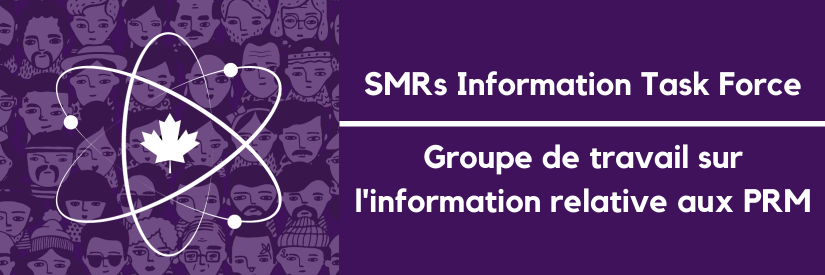Saudi Arabia’s crown prince and defense minister, Mohammed bin Salman, seems to have gotten what he wanted from his long glad-handing tour through the United States and several European capitals. He met President Trump and brand-name business tycoons and potential investors, and took home some actual deals, including a commitment by the giant French oil company Total to invest billions in a new petrochemical complex.
What he should have gotten but did not were stern lectures excoriating his glib, casual attitude about acquiring or developing nuclear weapons. Asked by Norah O’Donnell of CBS what Saudi Arabia would do if Iran obtained such weapons, he replied, “Saudi Arabia does not want to acquire any nuclear bomb, but without a doubt if Iran developed a nuclear bomb, we will follow suit as soon as possible.”
Either the young prince was badly briefed or his knowledge of history and international security affairs is thin. He does not seem to realize that his grand plans for modernizing his country and restructuring its economy, which are based on full integration into the global industrial and financial system, would fall apart if the United States and its allies thought that Saudi Arabia was pursuing nuclear arms. He could forget those big investments and deals, and most of his country’s sources of military equipment and training would dry up. The damage to his country that pursuit of nuclear weapons would cause would far outweigh any conceivable strategic gain. Does he not know why Iran was subjected to crippling economic sanctions for all those years before the multinational agreement of 2016 curtailed its nuclear program? Does he not know why North Korea is a pariah state?
Saudi Arabia is a party to the Nuclear Nonproliferation Treaty (NPT), which prohibits signatories other than the five recognized nuclear powers from acquiring or developing a nuclear arsenal. Israel, India, and Pakistan have gotten away with their weapons programs because they are not parties to the NPT and thus have no legal obligation to abide by its terms. Even so, Pakistan did not escape the wrath of the U.S. Congress when it tested nuclear weapons in the 1990s, as bipartisan majorities enacted laws that authorized Presidents George H.W. Bush and Bill Clinton to impose stiff sanctions, which they did.
Saudi Arabia, which has few friends in Congress, would be unlikely to escape the same fate. The kingdom cannot afford to become an international outlaw, like North Korea, or to see its oil sales curtailed and its access to global financial markets cut off, like Iran. That would put an end to the grand development plan the prince has styled “Vision 2030.” ………..
According to many reports, the Saudis are asking that a bilateral deal, known as a “123 Agreement” for the section of the law that requires it, permit them to control both ends of the nuclear fuel cycle. In that way, they could enrich their own uranium and reprocess fuel once it is used up to extract the plutonium generated by the chain reaction. An existing agreement between the United States and Saudi Arabia’s neighbor Abu Dhabi permits neither. That agreement is known in the industry as the “gold standard.” But Saudi Arabia does not want to accept the “Abu Dhabi model” because the international agreement limiting Iran’s nuclear program does not prohibit enrichment.
Enriched uranium fuel for nuclear reactors is plentiful in world markets, but Prince Mohammed has said that Saudi Arabia wants to take advantage of its own domestic resources by doing its own enrichment. Even if there is a valid argument to be made for enrichment, however, the Saudis cannot make a legitimate argument for reprocessing to capture plutonium, which has limited civilian uses but is primarily a fuel for nuclear weapons.
Sen. Edward Markey (D-MA), who has long opposed nuclear energy in any form, can be expected to lead congressional opposition to a 123 agreement that allows reprocessing. “Saudi Arabia’s crown prince has confirmed what many have long suspected—nuclear energy in Saudi Arabia is about more than just electrical power, it’s about geopolitical power,” Markey said in a statement last month. “The United States must not compromise on nonproliferation standards in any 123 agreement it concludes with Saudi Arabia.” He said Saudi Arabia is interested more in “megatons than megawatts.”
The Saudis could obtain civilian nuclear power reactors from other countries—South Korea provides those in Abu Dhabi—and it would not need an agreement with the United States to do that. But if it rejects a 123 agreement because it insists on retaining the right to reprocess, it will be sending an unmistakable and ill-advised signal. https://lobelog.com/saudi-arabia-and-the-nuclear-temptation/







I think this is what happened to Libya. Sarkozy was going to give them Areva nuclear power and then one of the Qaddafi sons said that if they had a nuclear weapon they would nuke Switzerland and that Switzerland should be wiped off the map. The Swiss didn’t think it was very funny and they may have threatened Sarkozy with dirt they had on him if he didn’t go remove Qaddafi.